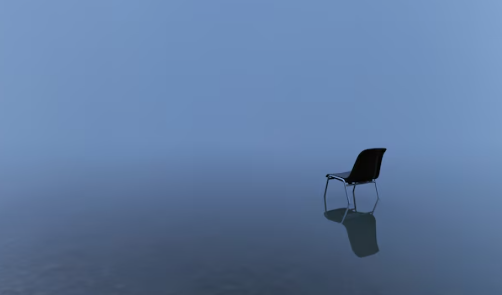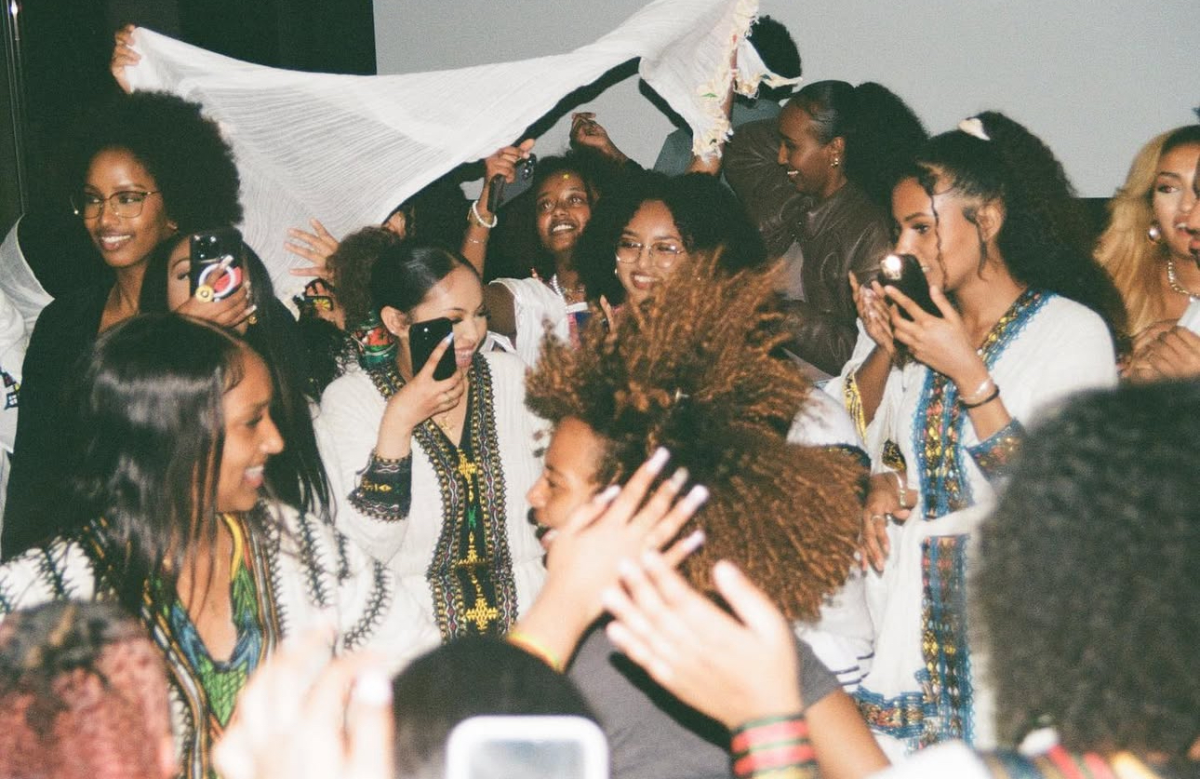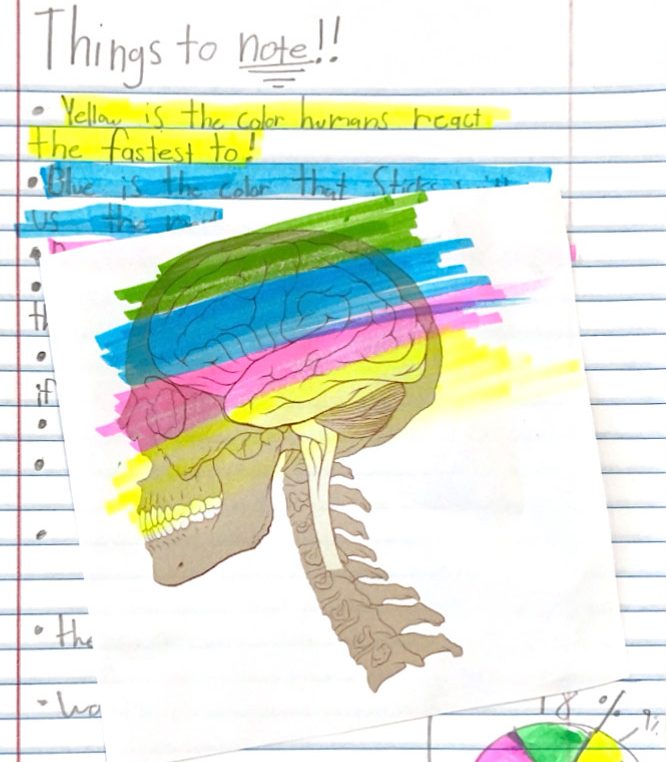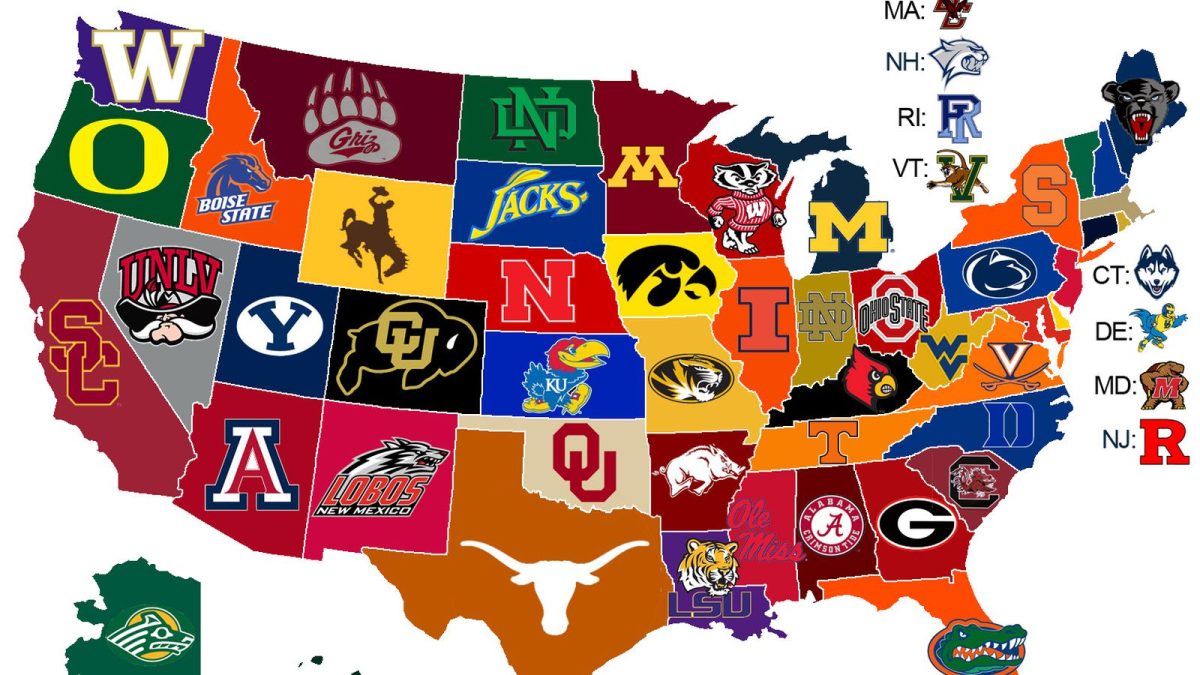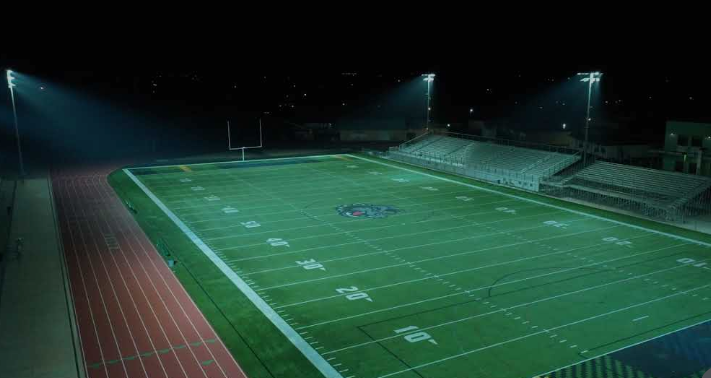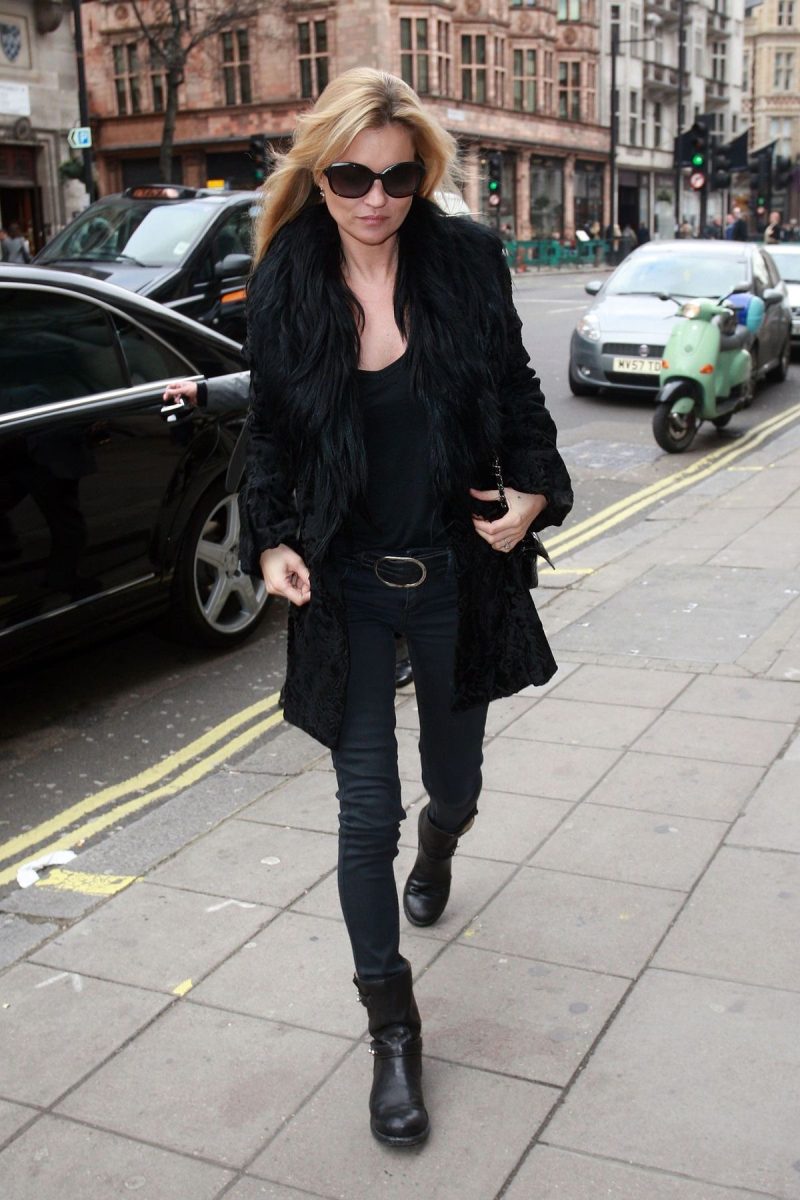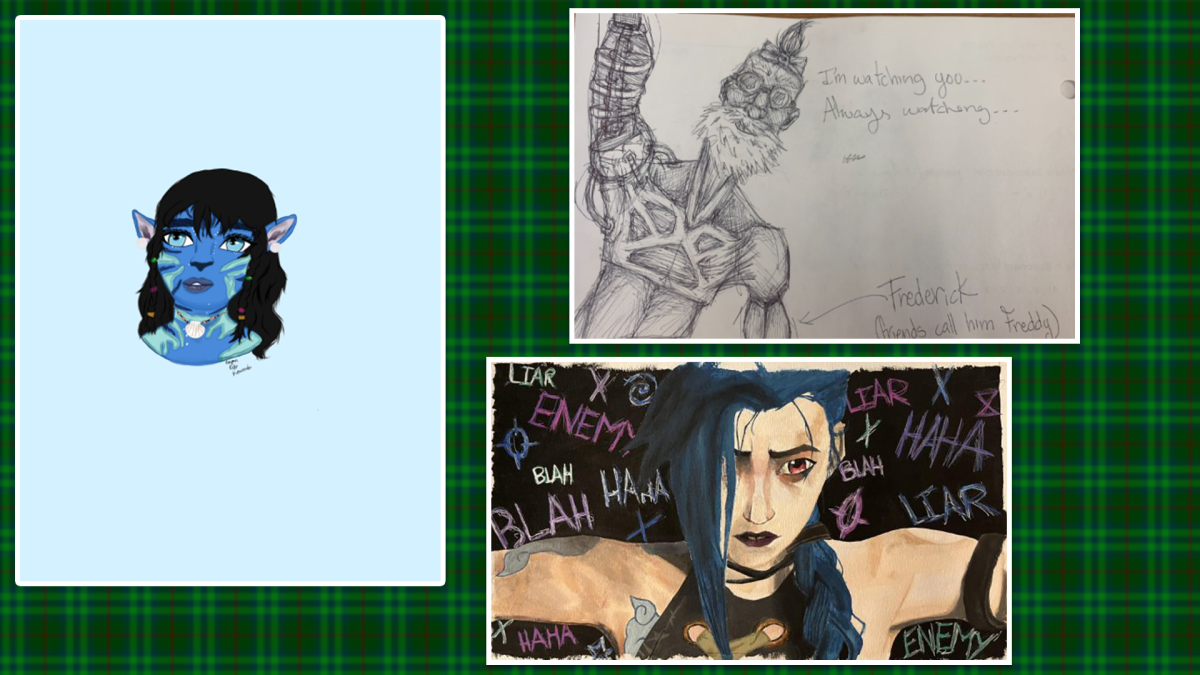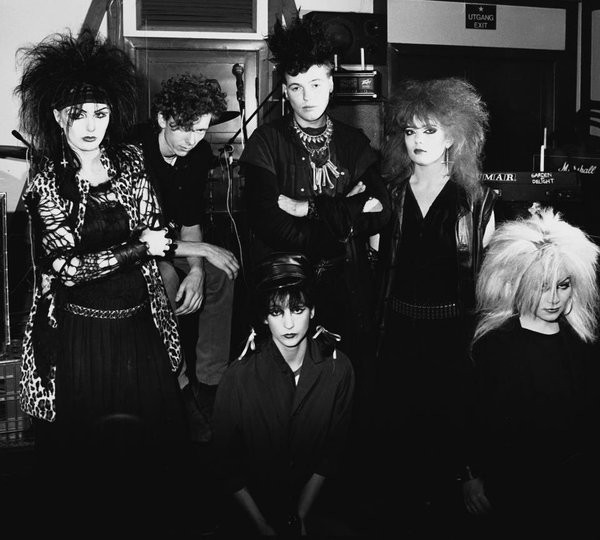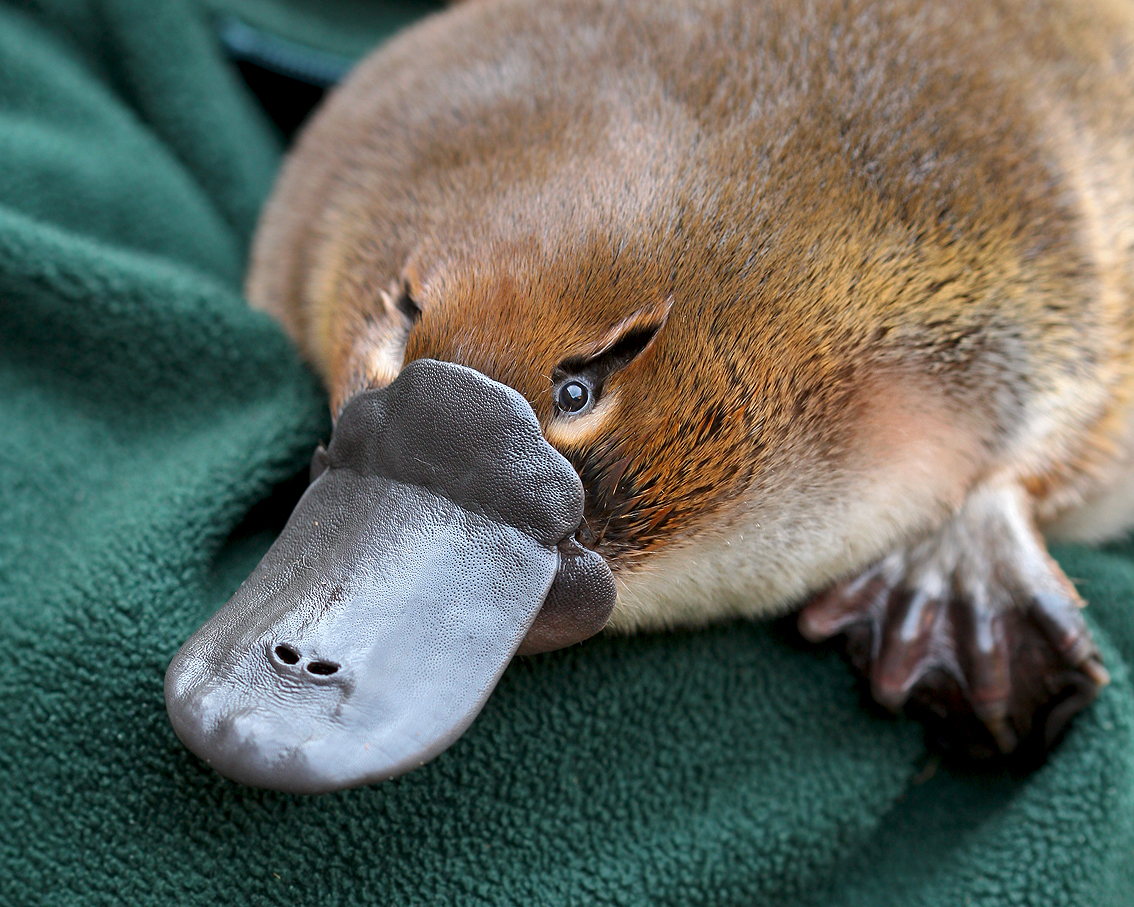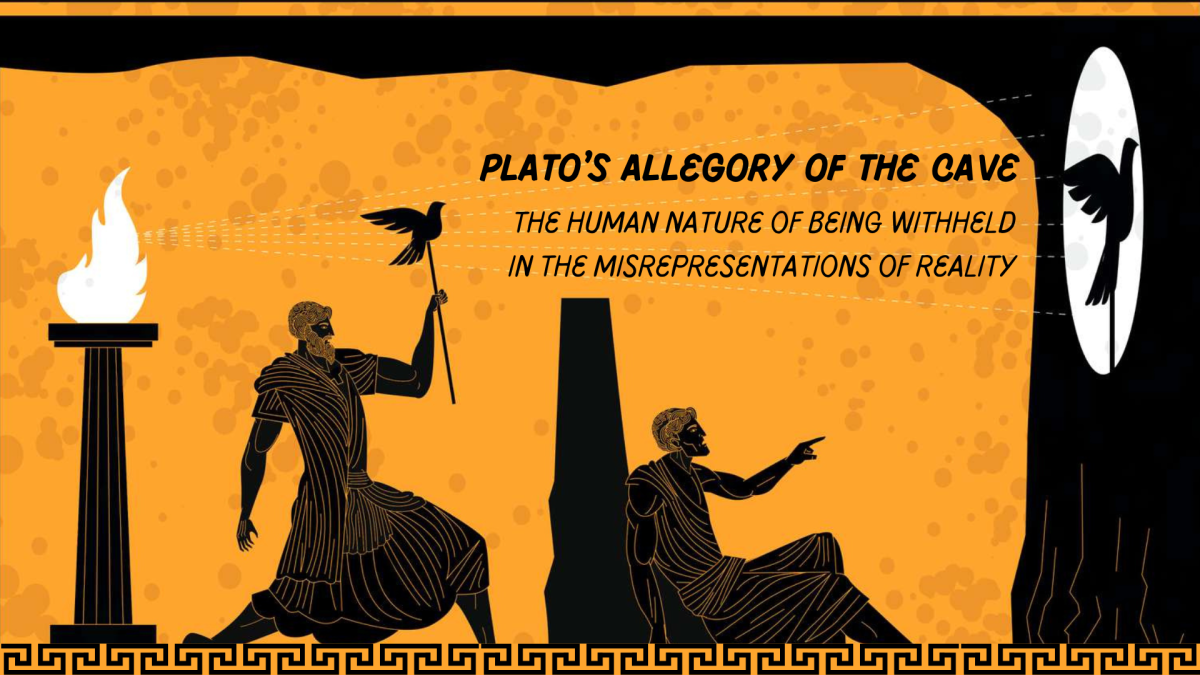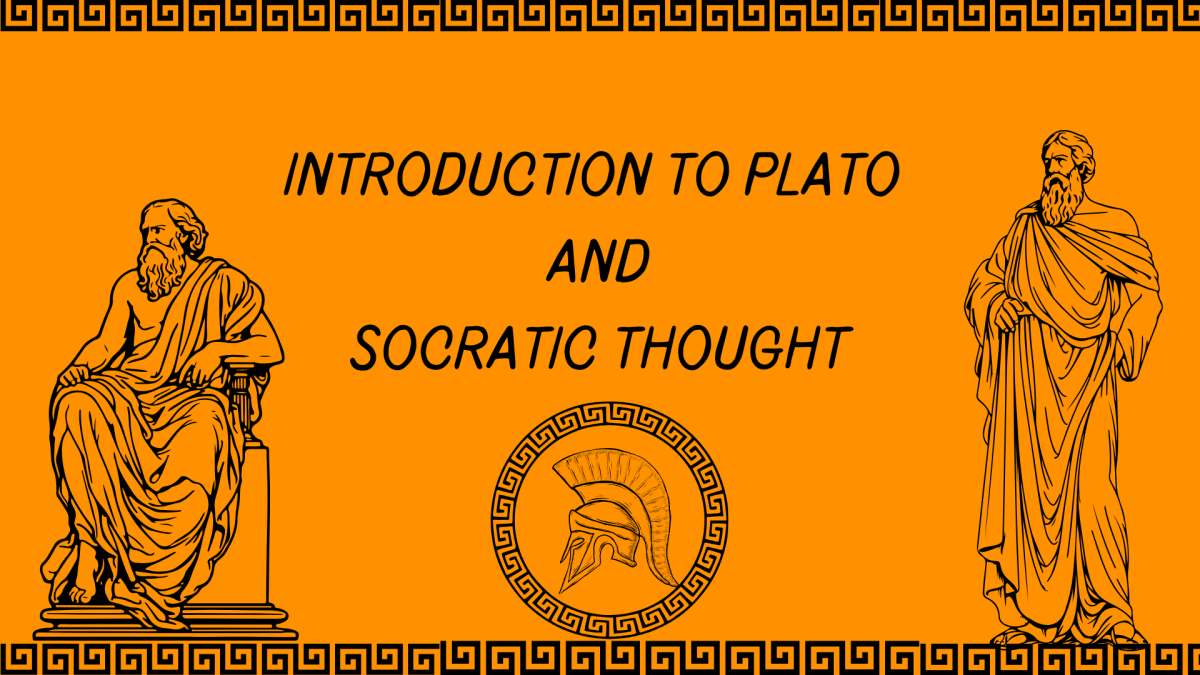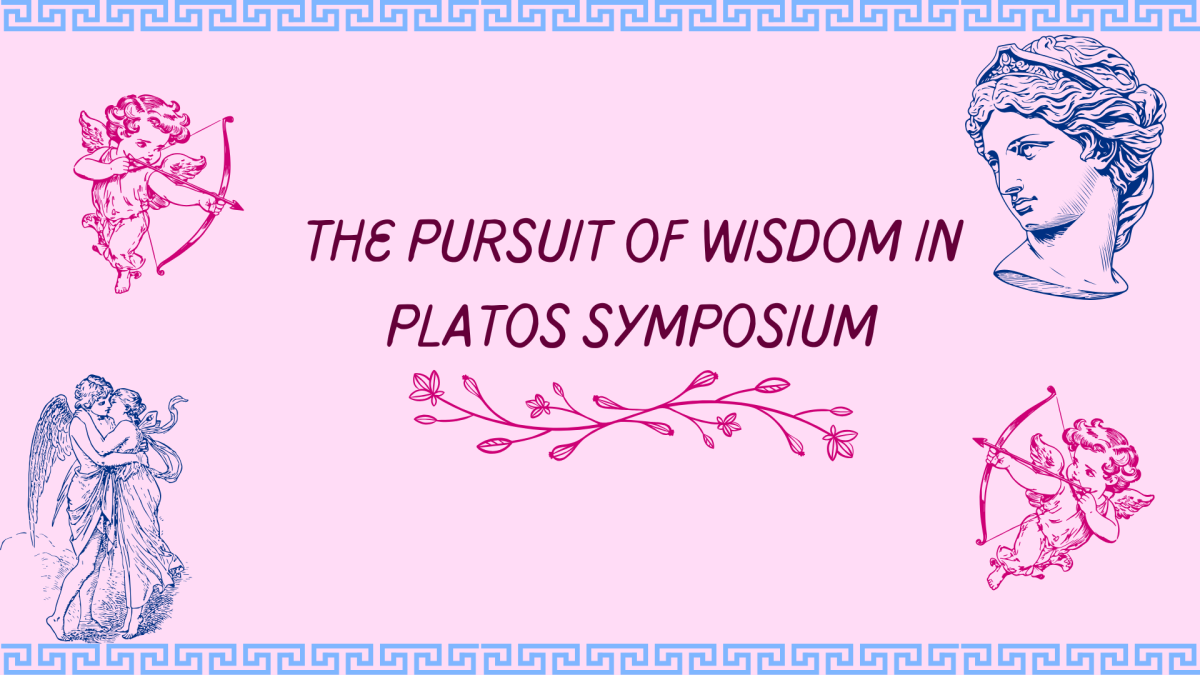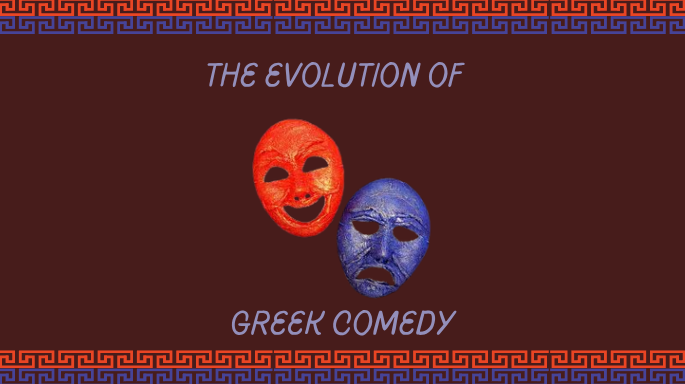Greek theater originated in classical Athens, and plays were performed in theatrons, open-air theaters where the audience would sit in a semi-circular orchestra. Plays were performed as part of festivals such as the annual Lenaia, which was initially only for comedies, and The City Dionysia for tragedies. All actors were male and professional; these plays were meant to honor the Hellenistic (Greek) god Dionysus, who was not only the god of wine but of revelry and theatre. By the 6th century B.C.E., comedy, as a genre, had become firmly established. Ancient Greek comedy can be split into three time periods: Old, middle, and new, but they all used crude humor and made fun of contemporary issues, politicians, philosophers, and even other playwrights. Actors would portray multiple characters on the same night. They would do so by wearing highly decorated masks and absurd costumes.
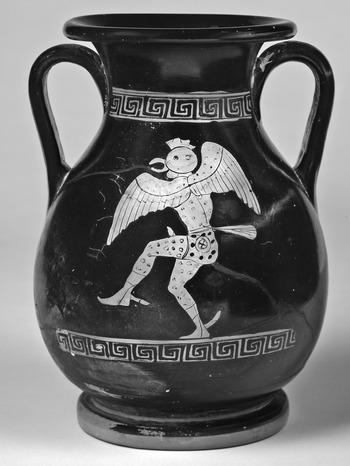
The structure of a comedy play was made up of four parts; the Parados was when the chorus was made up of as many as 24 performers who would enter the stadium and would perform a few song and dance routines, which would sometimes introduce the plot. They would appear in eccentric costumes, such as the men dressed in elaborate bird costumes in Aristophanes’ The Birds. The Agon was a witty verbal contest with many fast-changing scenes that would continue the story. The next part was the Parabasis, which was when the chorus would speak to the audience or to the playwright to explain the point, and the last part was the Exodus
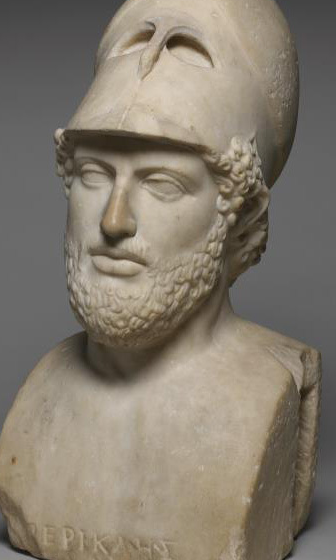
which was another round of dancing and singing from the chorus.
For comedy, the major competition was the annual festival called the Lenaia, which was Athenian only. The festival was held in January to celebrate the god Dionysus. A Khoregos, a private citizen of Athens, funded every aspect of the festival. Khoregos were highly respected people such as Pericles, a influential Greek politician who funded Aeschylus’s “The Persians” in 427 B.C.E. Since acting was all done wearing masks, actors relied on their gestures and voices to convey different roles.
Costumes were very important, and a common costume in Greek comedies were tights and a short tunic paired with a smiling mask that honoured one of the 12 muses Thalia. Old comedies, which refer to comedies written in the 5th century B.C.E., were deeply rooted in the political situation of the time they were composed, but still incorporated fantastical creatures or mystical lands like Aristophanes Cloud Cuckoo Land, which was founded by birds.
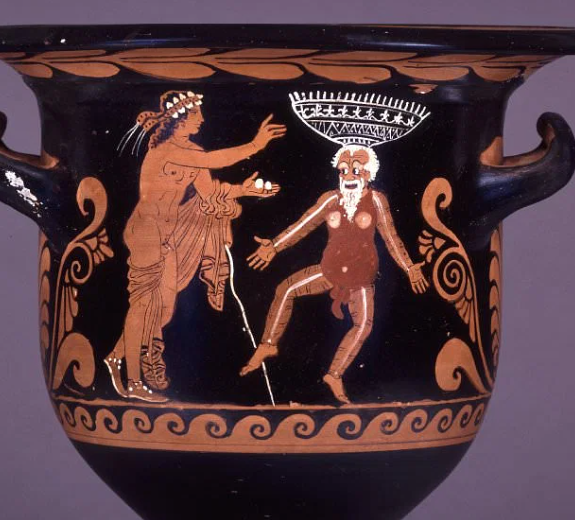
Old comedy used satire, crude jokes and puns, and modern-day “taboo” topics to convey their messages. From this time, Aristophanes’ works have been the only ones that have survived. In the 4th century and early 3rd century B.C.E., a new style of comedy arose called new comedy. But what about middle comedy? Well, without a single complete Greek comedy—surviving between Aristophanes’ last (388 B.C.E) and Menander’s first (316 B.C.E), there is little way for us actually to know what these comedies were really about; however, if any drama predominated in Middle Comedy, it was the mockery of classical myth and tragedy. The evidence, coming from the historian Platonius, suggests Middle Comedy looked back to its forebears in the classical age, in its parodies of Euripedes and mythological stories. This time, there were no personal attacks, simply fictional characters. We know more about new comedy and its playwrights such as Philemon, Diphilus, and Philippides. Meander, who wrote around 100 plays, is considered the greatest playwright of comedy; Meander’s plays are the longest to have survived compared to other new comedy playwrights. Additionally, Latin playwrights often adapted his plays.
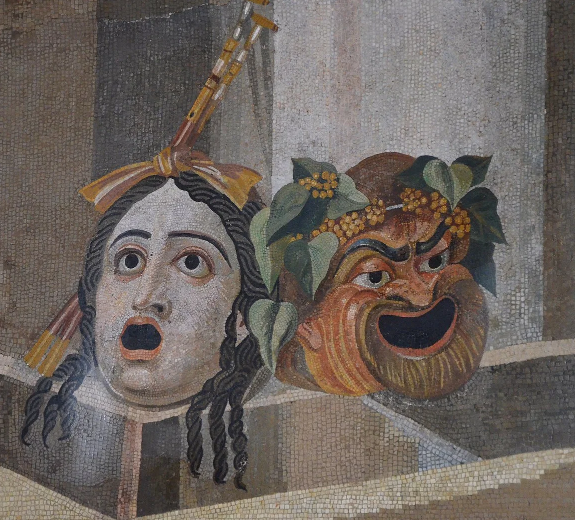
Ancient Greek comedy continued to be popular throughout the Hellenistic and Roman periods, with many of its components being performed again and again. The basic components of Greek comedy became standard in other works and still inform the structure of comedic media today. For example, SNL and its political satires can be compared to Aristophanes’ ironic plays in the way that they were mocking the political climate yet made very important points for people watching to take home with them.

